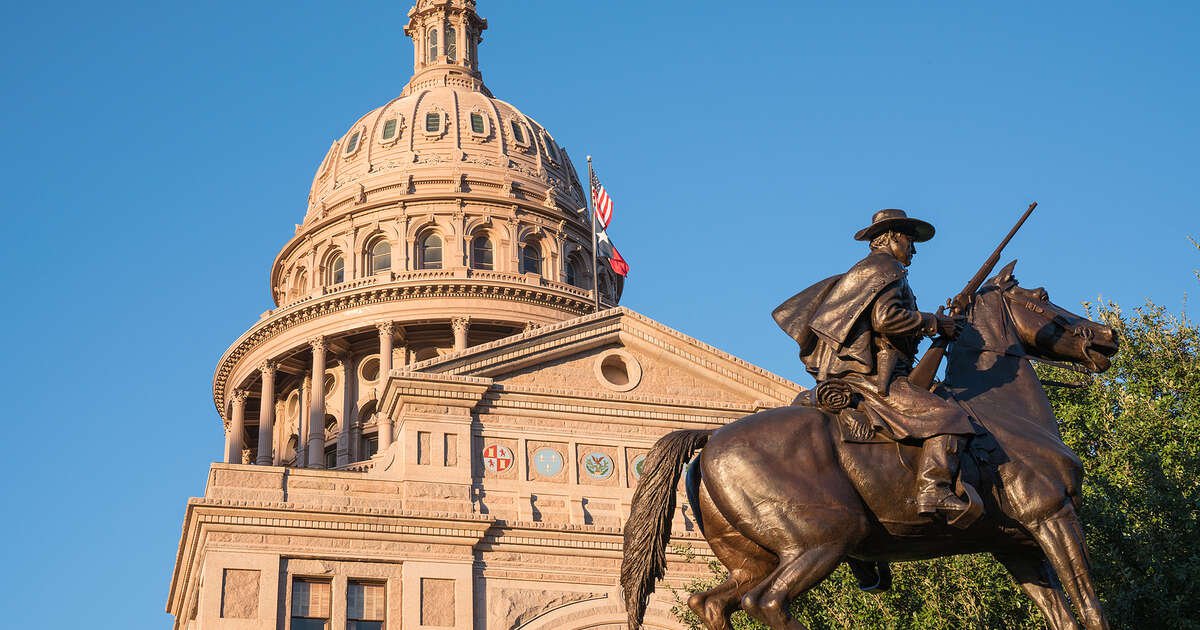As most companies should understand, US laws such as the Telephone Consumer Protection Act (TCPA) and its underlying rules and regulations, including those restricting calls to numbers on the National Do Not Call Registry only govern calls to US consumers. However, those seeking to do business with Canadian consumers should not assume that similar statutes, rules, and regulations do not exist up north.
Canadian Telemarketing Regulations: Canada’s Do-Not-Call List
It should come as no surprise that Canada has its own National Do-Not-Call list (DNCL), which is administered by Canadian Radio-Television Telecommunications Commission (CRTC). In 2007, the CRTC established the Unsolicited Telecommunication Rules (UT Rules), which determine how and under what circumstances marketers can contact Canadian consumers. The UT Rules are substantially identical to those underlying the TCPA, including restrictions on automated dialing technology and prerecorded calls, call day and time restrictions, abandoned call restrictions, recordkeeping requirements, internal DNC obligations, and honoring the DNCL. One important difference between the TCPA and its Canadian equivalent is that it does not include a statutory private right of action.
Unsolicited marketing calls to numbers on the DNCL are prohibited under the UT Rules, unless an applicable exemption exists. One such exemption is an existing business relationship (EBR), which the UT Rules defines as a “business relationship that has been formed by a voluntary two-way communication between the person making the telecommunication and the person to whom the telecommunication is made, arising from:
- the purchase of goods or services by the called party from the caller within the eighteen-month period immediately preceding the date of the call;
- an inquiry or application submitted by the called party to the caller within six months prior to the date of the call; or
- any other written contract between the caller and the called party that is currently in existence or expired within the eighteen-month period immediately preceding the date of the call.
Another important exemption to the general prohibition on calling DNCL listed numbers is when the caller has secured the prior express consent of the called party. Under the UT Rules, express consent to call a number on the DNCL can be secured in the following ways:
- Written consent, including a completed application form signed by the consumer giving consent to be contacted by way of telecommunications.
- Oral consent, including oral consent verified by an independent third party, and consent where an audio recording of the consent is retained by the telemarketer or client of the telemarketer.
- Electronic consent through the use of a toll-free number or the Internet.
- Consent can also be secured by other methods, as long as a documented record of consent is created and maintained by either the consumer or an independent third party.
Canadian Automated Dialing Restrictions
The UT Rules also govern the use of “Automatic Dialing-Announcing Devices” (ADAD) to contact Canadian consumers, which the UT Rules define as “any automatic equipment incorporating the capability of storing or producing telecommunications numbers used alone or in conjunction with other equipment to convey a pre-recorded or synthesized voice message to a telecommunications number.”
Companies are prohibited from using an ADAD to call any Canadian phone number “unless express consent has been provided by the consumer to receive a telemarketing telecommunication via an ADAD from that telemarketer or the client of that telemarketer.”
“Express consent” in this context is defined as consent that “clearly evidences the consumer's authorization that a telemarketing telecommunication via an ADAD made by or on behalf of a specific person may be placed to that consumer and shall include the specific telecommunications number to which the telemarketing telecommunication may be made.”
Texting Canadian Numbers
Unlike the TCPA, which also covers text messages sent for marketing purposes, the UT Rules do not address marketing texts to Canadian numbers. Instead, such communications are governed by the Canadian Anti-Spam Legislation (CASL).
The CASL regulates all commercial electronic messages in Canada, including commercial email. As is the case in the US, the CASL requires those seeking to send marketing texts to Canadian numbers to first secure express consent from the recipient. Such consent can either be explicitly provided or implied through an existing business relationship or inquiry into the company.
While the UT Rules and the CASL may vary slightly from their US counterparts, an opt-in form that complies with FCC and FTC rules governing prior express written consent to place calls and texts using an automated telephone dialing system and/or a prerecorded/artificial voice should be sufficient to secure consent to contact a Canadian consumer, even if their number is on the DNCL.



